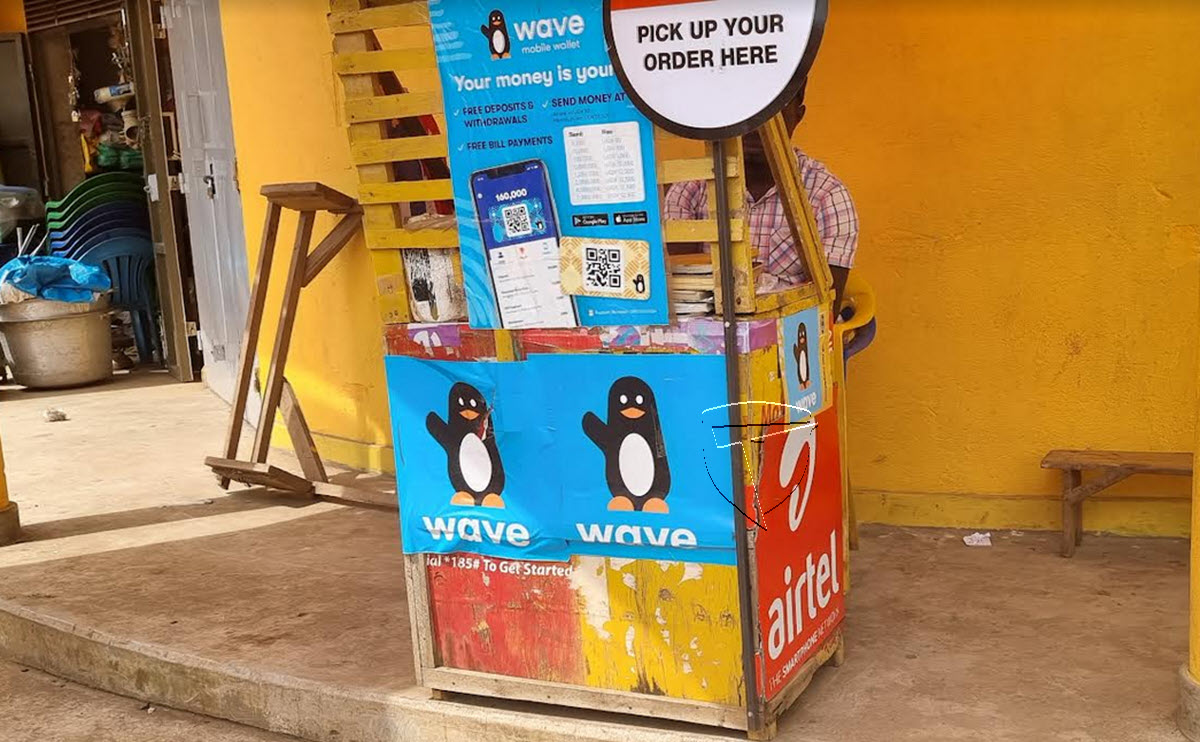Hardly 6 months after laying off some 300 people in June 2022, Wave Mobile Money Uganda Limited is set to lay off more people, CEO East Africa Magazine can exclusively…
Wave Mobile Money to wave off more than 80% of staff in a second wave of layoffs


Hardly 6 months after laying off some 300 people in June 2022, Wave Mobile Money Uganda Limited is set to lay off more people, CEO East Africa Magazine can exclusively…
deneme bonusu veren siteler deneme bonusu veren siteler deneme bonusu veren siteler deneme bonusu veren siteler deneme bonusu veren siteler casino siteleri
deneme bonusu bonus veren siteler deneme bonusu veren siteler
flyjota.com Deneme bonusu veren siteler Deneme bonusu veren siteler Deneme bonusu
gaziantep escort,alanya escort,gaziantep escort
avrupa yakası escort,beşiktaş escort,beyoğlu escort,nişantaşı escort,etiler escort,esenyurt bayan escort,beylikdüzü bayan escort,avcılar bayan escort,şirinevler escort,ataköy escort
beylikdüzü escort ,istanbul escort ,beylikdüzü escort ,ataköy escort ,esenyurt escort ,avcılar escort ,bakırköy escort ,esenyurt escort ,esenyurt escort ,avcılar escort ,beylikdüzü escort